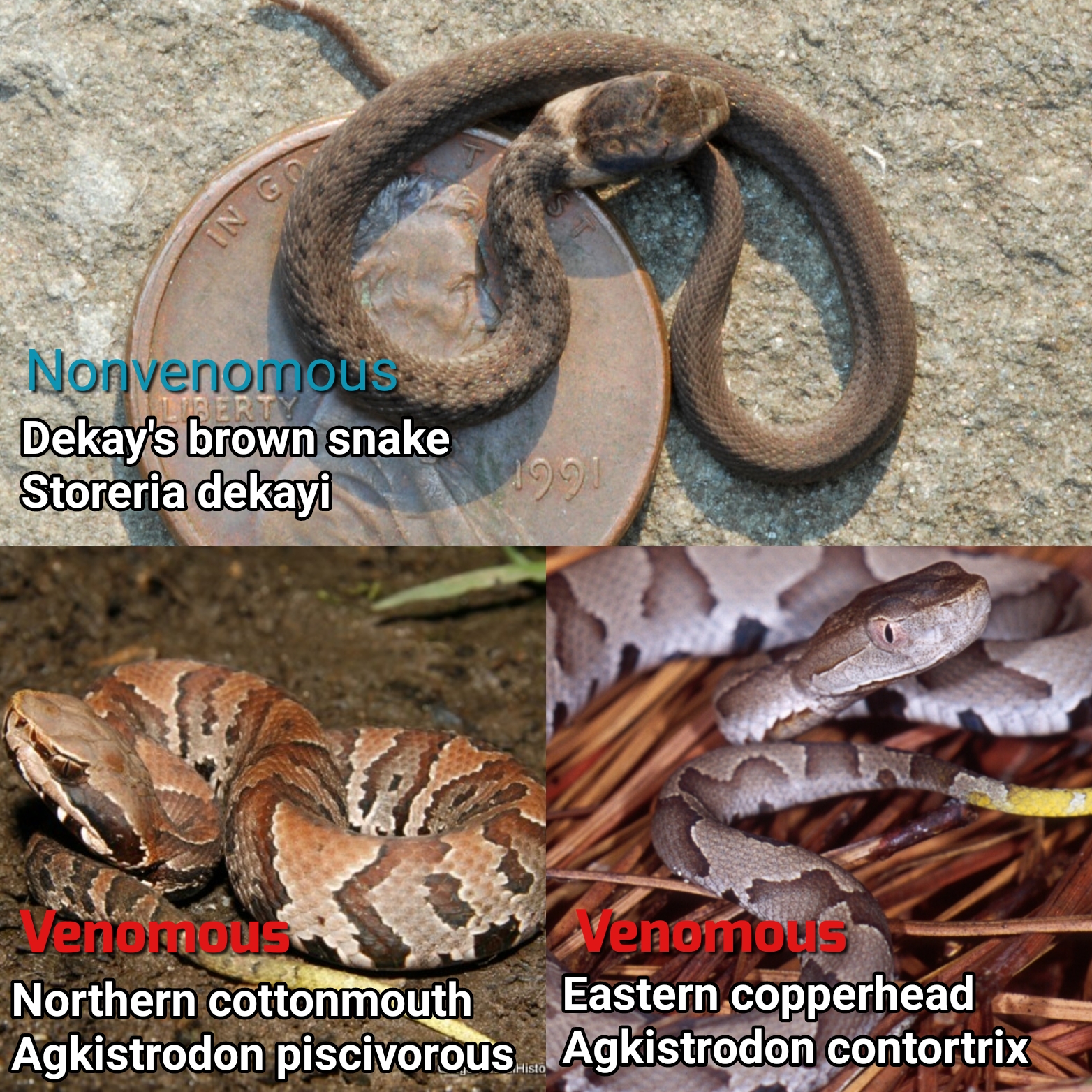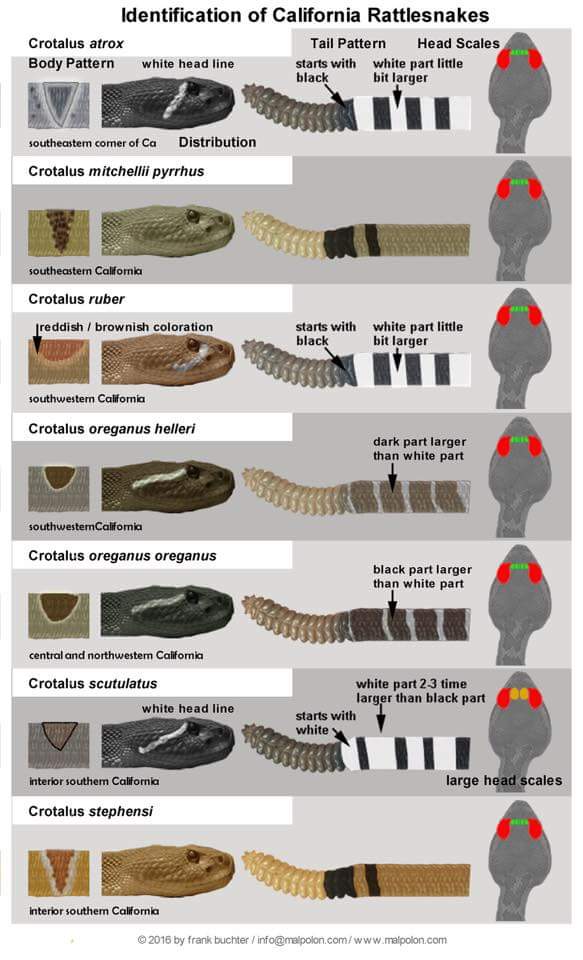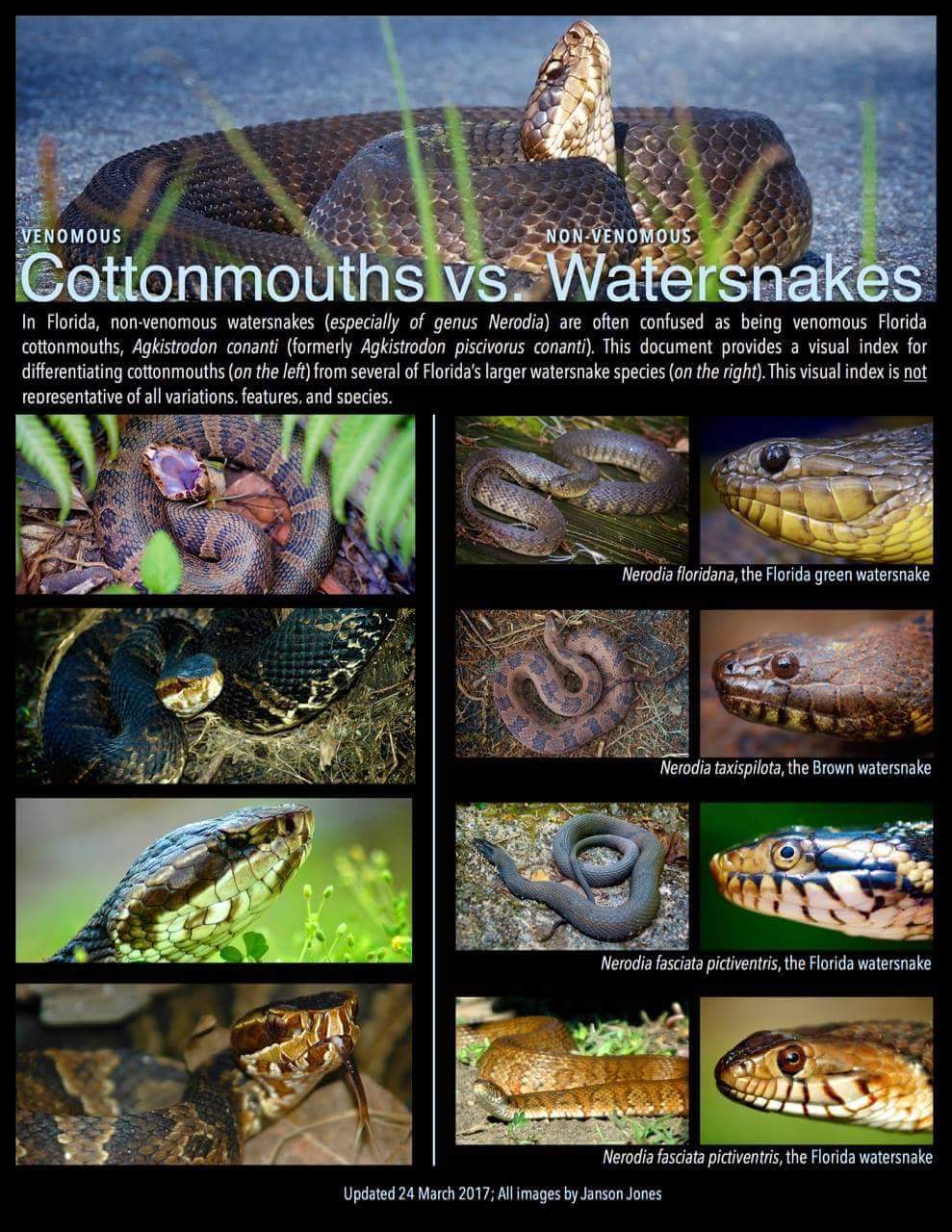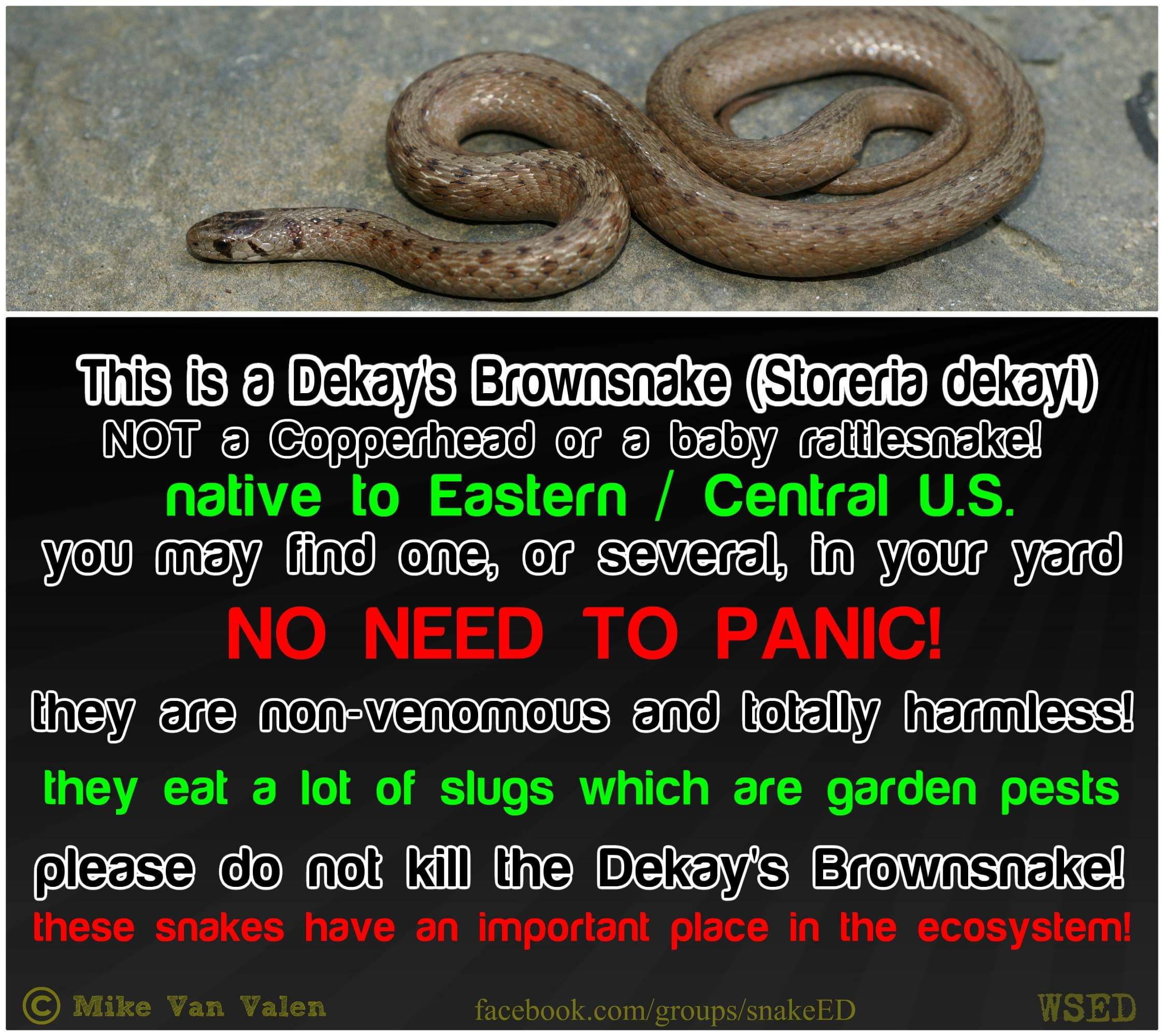Snake Identification and Education
3 readers
1 users here now
Lemmy should have a snake identification community. I am happy to provide identifications where possible. If anyone is good with bot creation, we can incorporate that too. If you're interested in moderating, let me know.
The icon features a timber rattlesnake (Crotalus horridus). The banner features a common watersnake (Nerodia sipedon).
Rules:
- Posts must include location (State/Department and Country at minimum)
- Replies must include common (if applicable) and scientific name
- Be polite and courteous to others
- For North American tricolored snakes, do not parrot the rhyme (IYKYK)
- Dead snakes are allowed. Encouraging snake deaths is not.
There are several other communities where you can share snake images that don't need an identification:
founded 1 year ago
MODERATORS
1
1
There are many things you want to consider when identifying snakes, and it can become intuitive with practice
(www.africansnakebiteinstitute.com)
2
3
4



